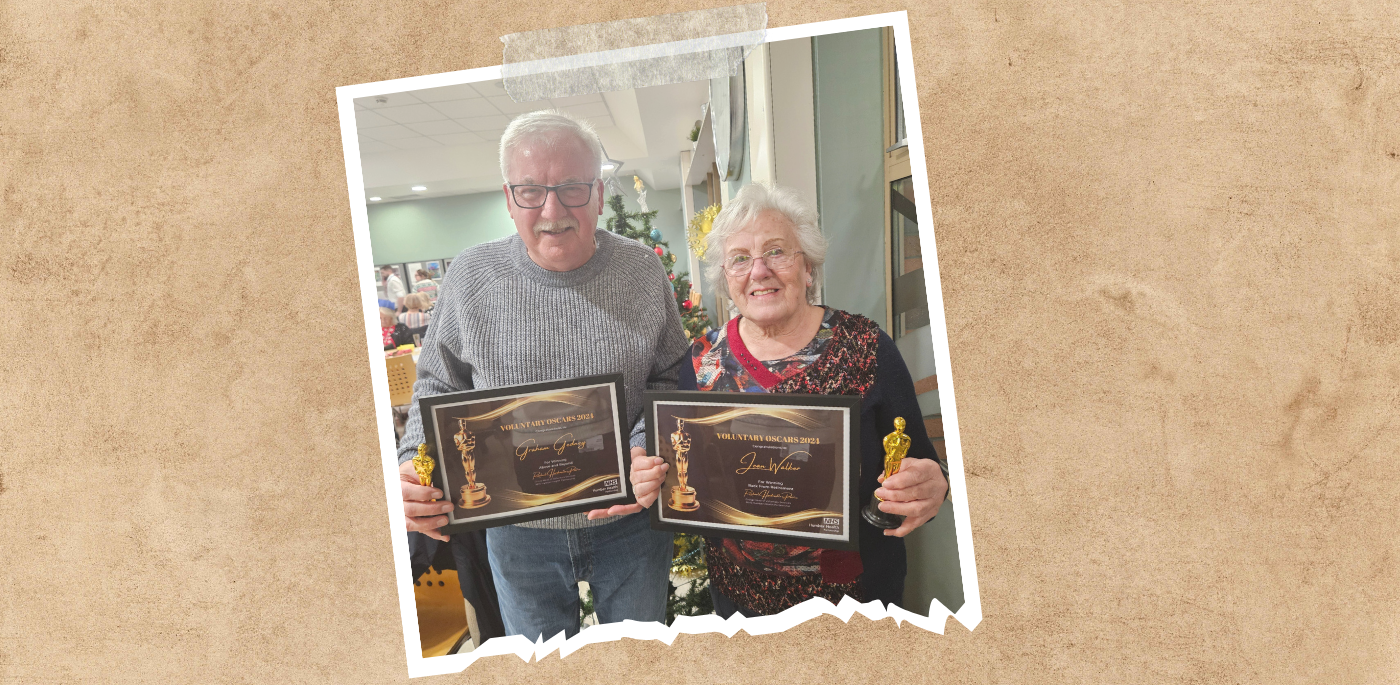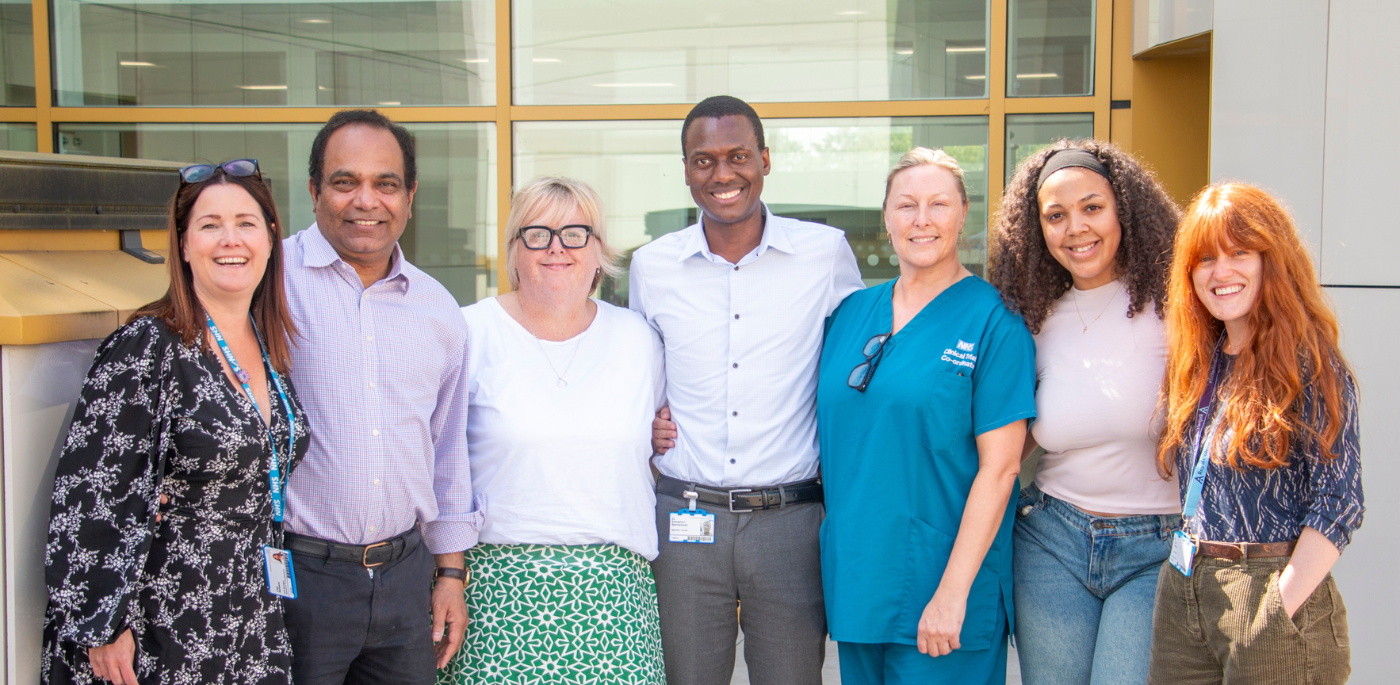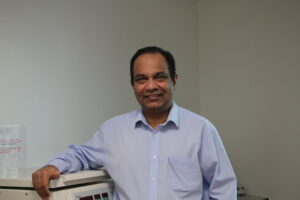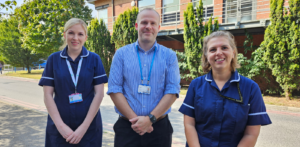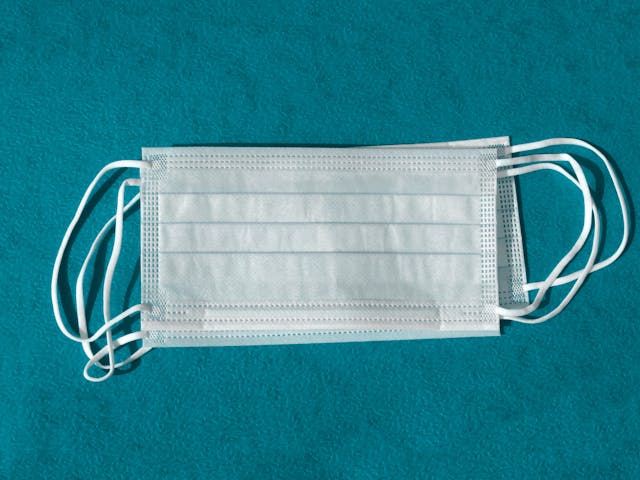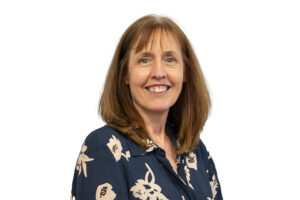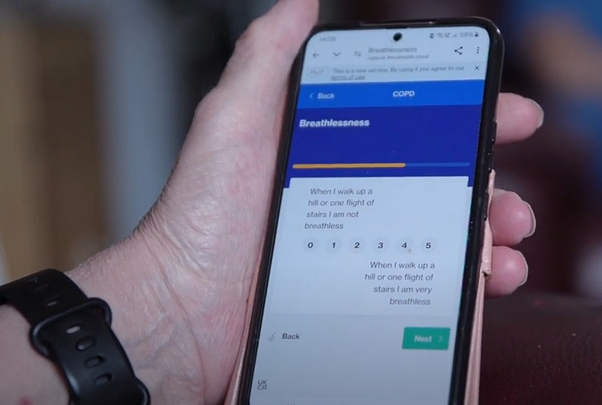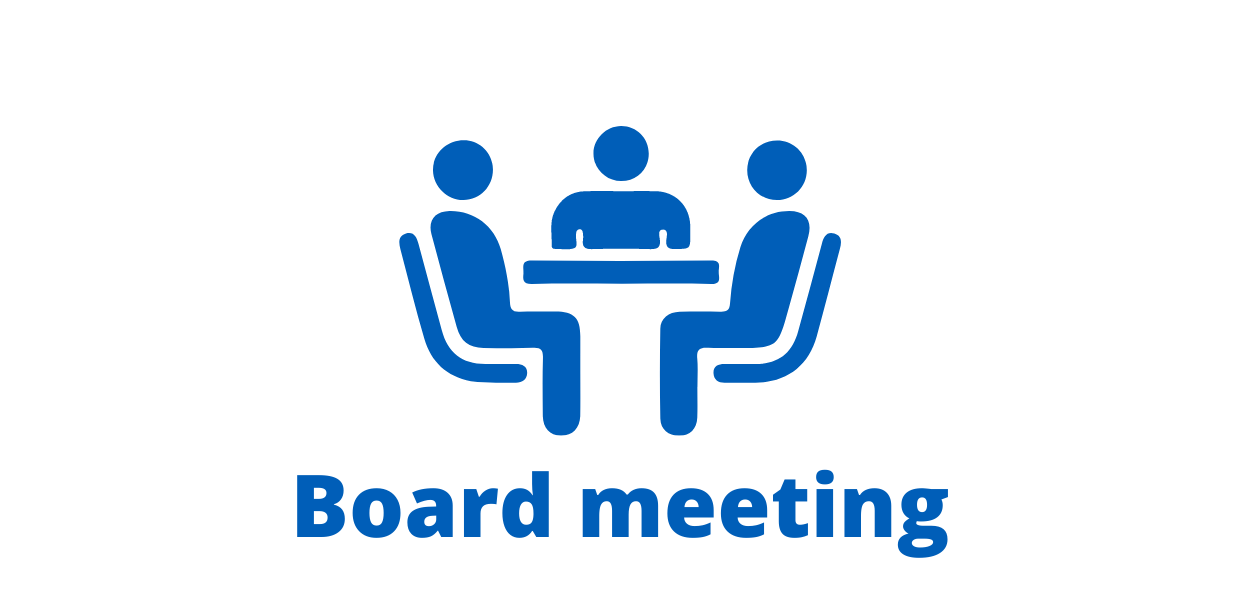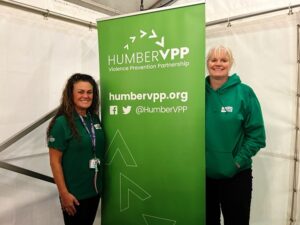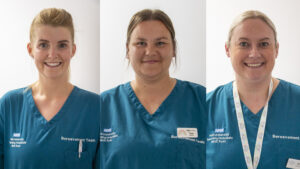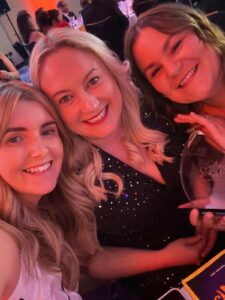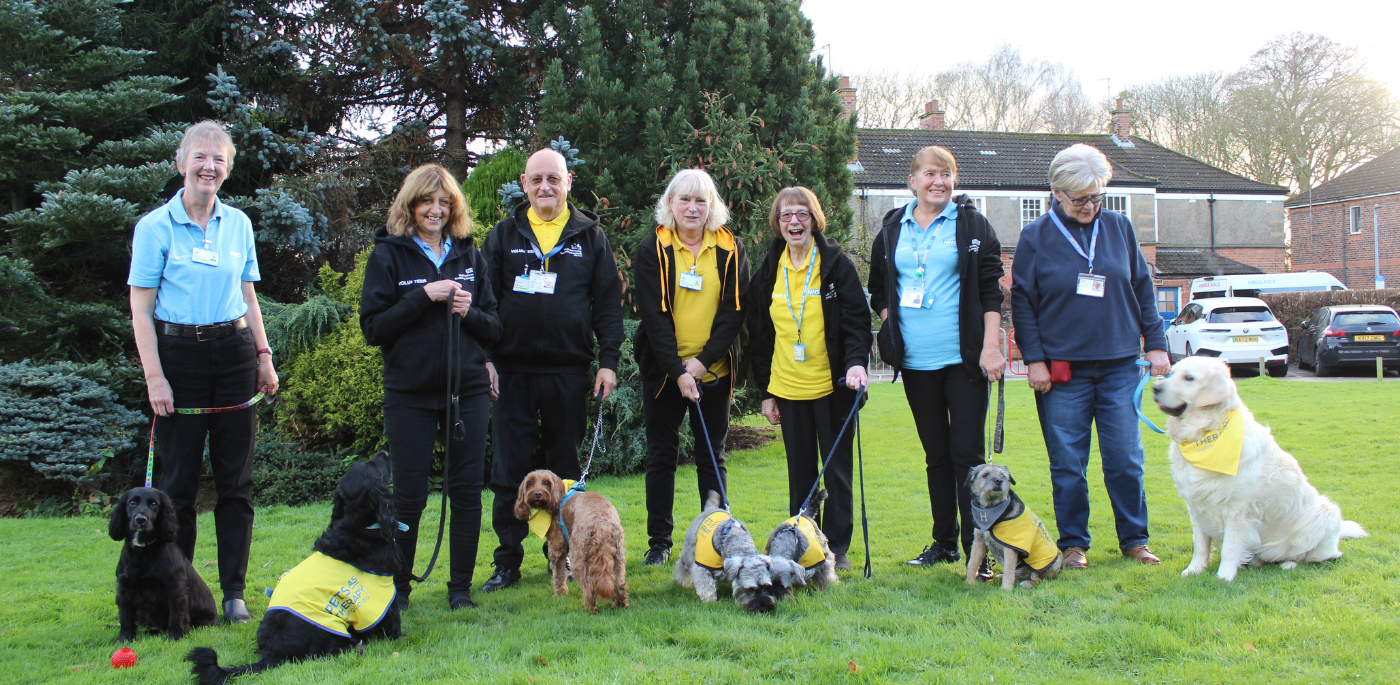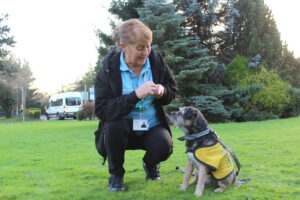82-year-old Jean, who spent a 56-year career in nursing, is among those recognised at a special celebration
They say time is precious, and nowhere do we feel that more than within our region’s hospitals.
Since January this year, a team of 502 volunteers has been donating their time and skills to support patients, staff, relatives and visitors across Hull Royal Infirmary and Castle Hill Hospital, clocking up a phenomenal 23,400 hours between them.
From meet and greet to running the mobile shop and bringing therapy dogs in to help reduce anxiety, volunteers take on all manner of roles.
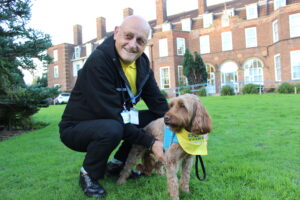
Denis and his cockerpoo, Barney, volunteer in the intensive care units at both HRI and Castle Hill Hospital
Earlier this week, those volunteers were celebrated with a special Christmas meal and entertainment, courtesy of local ukulele band, the Sunshine Strummers.
For the first time, Hull Hospitals also handed out a number of “Volunteers Oscars”. The awards were given to those who, based on staff and patient feedback, had made the biggest impact in their wards or clinical areas, and to those whose stories served as the most inspirational and heartwarming for others.
Among those receiving an ‘oscar’ were Denis Lockwood and his cockerpoo, Barney (left), who took home the “Pawesome Pooch” award for the most therapy dog hours spent around the hospitals. Lydia Howard was recognised for having clocked up the most time as a volunteer this year with an amazing 849 hours worked, and Julie Marshall received the “Most Hours on a Trolley” award, for time spent running the mobile shop service for patients at Castle Hill Hospital and having raised over £4,000 this year alone in the process.
But two volunteers who work in Hull Royal Infirmary’s busiest department were also in line for awards.
Jean Walker, 82, worked as a nurse for 56 years before she officially retired at the age of 73. Told as a child she would never make it as a nurse due to her asthma, Jean silenced all doubters to begin training as a nurse cadet aged 17, then go on to complete her registered nurse training. Once qualified, she worked at Princess Royal Hospital and in Hull Royal’s Outpatients Department before spending the last 40 years of her career as a nurse in Hull’s Emergency Department (ED).
Old habits die hard, of course, and it wasn’t long before Jean was back volunteering, firstly in the hospital’s Acute Assessment Unit, then making her way back to ED, where she feels she belongs and where she has been volunteering for the past nine years.
A familiar face amongst staff, volunteers and patients alike, Jean was recognised with the hospital’s “Back from Retirement award” at the celebration.
Jean says:
“Nursing has been my life. I’ve been with the Trust in one form or another for over 60 years and I just love helping people, I do this for the love of it.
“Having been a nurse myself for so long, it really helps as I understand the pressures the teams are under. I help wherever I can, stocking up technically for them, making drinks for visitors and doing the jobs staff don’t have time to, to allow them to spend more time caring for patients.
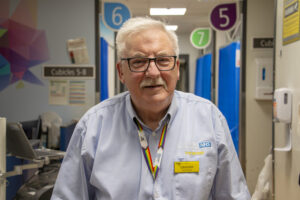
Graham Gedney volunteers in Hull’s Emergency Department
“Even if you have aches and pains, you still come in because you know people need you. I just can’t imagine doing anything else.”
Another gentleman bringing smiles and support to both staff and public is Graham Gedney (right). Graham worked at some of Hull’s big name firms including British Cocoa Mills and Reckitts before retiring. He began volunteering in 2002, supporting GP and pharmacy inspections and working with the local Primary Care Trust to improve access to healthcare for communities in east Hull. A member of Hull Hospitals’ volunteers team since 2013, Graham now supports the Emergency Department by conducting patient surveys and spending time with patients and families.
Graham was one of two people, alongside Marie Stern, to receive the 2024 “Above and Beyond” award. Graham’s wife, Linda, also works at the hospital to meet and greet the public.
Graham says:
“You feel part of a family here, you feel part of a team with the doctors and nurses.
“As volunteers, a large part of our role is speaking with people, and that’s not just the patients; we spend a lot of time with relatives and families and that’s important because in helping them, in reassuring them and putting their minds at ease, you’re helping the patients in another way.
“It makes it all worthwhile when people say thank you, and tell you you’ve made a difference for them, but it helps us too as volunteering, especially somewhere busy like A&E, helps to keep the brain and body ticking over too.”
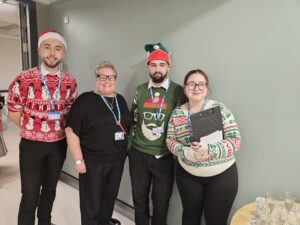
Rachael Hardcastle-Pearce (second left) with members of the Hull voluntary services team at their Volunteers Christmas Celebration
Rachael Hardcastle-Pearce, Group Voluntary Services Manager says:
“Our volunteers provide hospital staff with invaluable support, front-of-house, on the wards, and behind-the scenes; we really would be lost without them.
“There is such a community feel to this group of people and the numbers continue to grow, now topping 500 across Hull Royal and Castle Hill.
“Volunteering provides opportunities for everyone; we have young people giving their time to help further their studies and career aspirations, we have older people who want to stay active, and we have a lot of people who previously enjoyed a career in the care sector and want to continue using those skills now they have retired. We also have a good number of people who are motivated by the care our hospitals have given to relatives and loved ones in the past, and who feel like they want to give something back.
“It’s the sheer variety of people and the endless skills they bring which make my job such a pleasure and which provide our staff with the extra support they need to focus on patients.
“Our volunteers have had a cracking year and I’d like to say a huge thank you for everything they do for us, our patients and the public.”
If you would be interested in becoming a volunteer, call 01482 623089 or visit https://www.hey.nhs.uk/volunteering/

